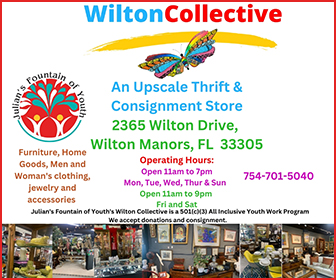
Arraignment Date Set for Craig Jungwirth
An arraignment date has been set for Craig Jungwirth on a misdemeanor stalking charge.
...
Latest

Lake Tahoe: Haven for Adventure Seekers
Bordering California and Nevada is the iconic town of South Lake Tahoe. The destination seamlessly blends natural splendor with vibrant urban life. Surrounded by the majestic Sierra Nevada, this charm...

The Cast of ‘RuPaul’s Drag Race All Stars’ is Ready To Save The World
Fans of “RuPaul’s Drag Race” all over the globe are still recovering from the battle of the titans between Sapphira Cristal and Nymhpia Wind last Friday during the epic finale of “RuPaul’s Drag Race” ...
Follow Us

Mich. Democrats Spar Over LGBTQ-inclusive Hate Crimes Law
Michigan could soon become the latest state to pass an LGBTQ-inclusive hate crime law, but the state’s Democratic lawmakers disagree on just what kind of law they should pass.
...

Senate Committee: Republican Attorneys General Abused Power Demanding Trans Medical Records
In a 10-page report released on April 16 by staff for the Democratic majority of the U.S. Senate Finance Committee, the Republican attorneys general of Tennessee, Missouri, Indiana, and Texas are accu...






























